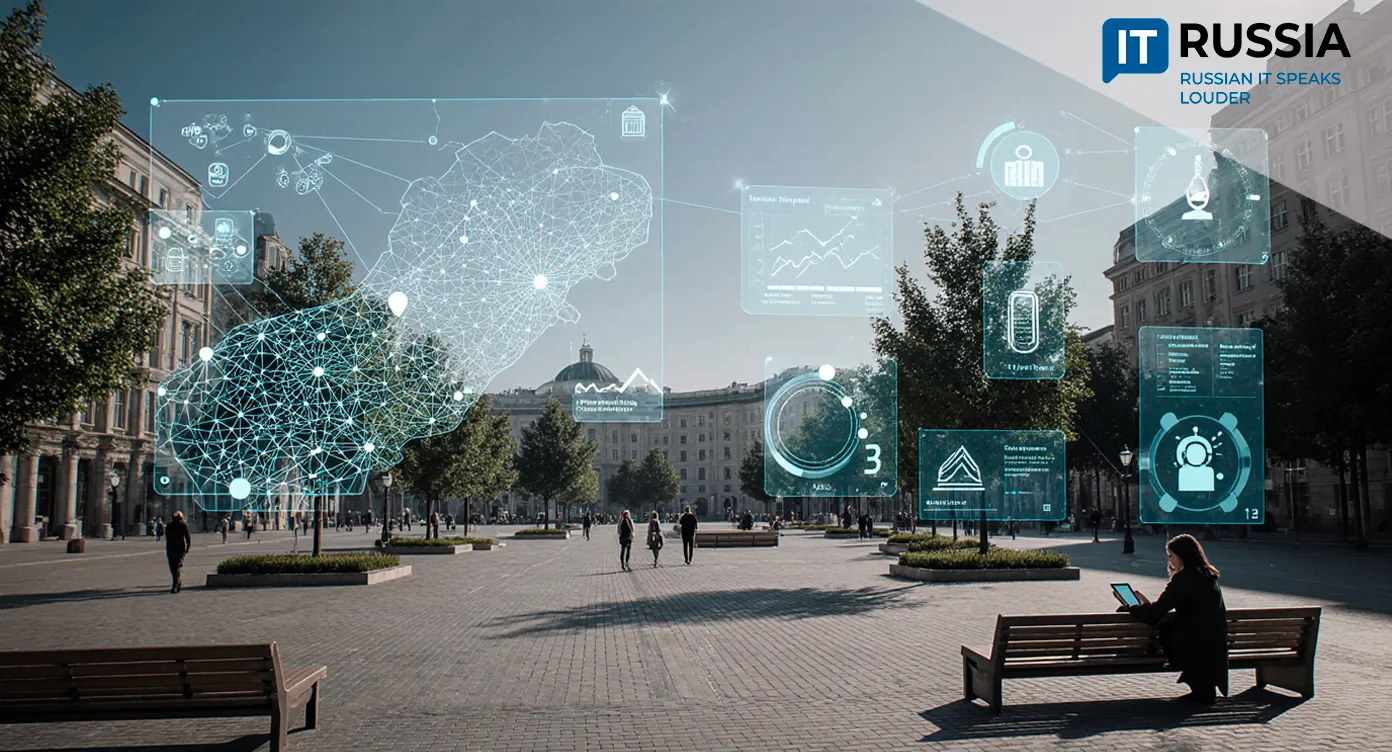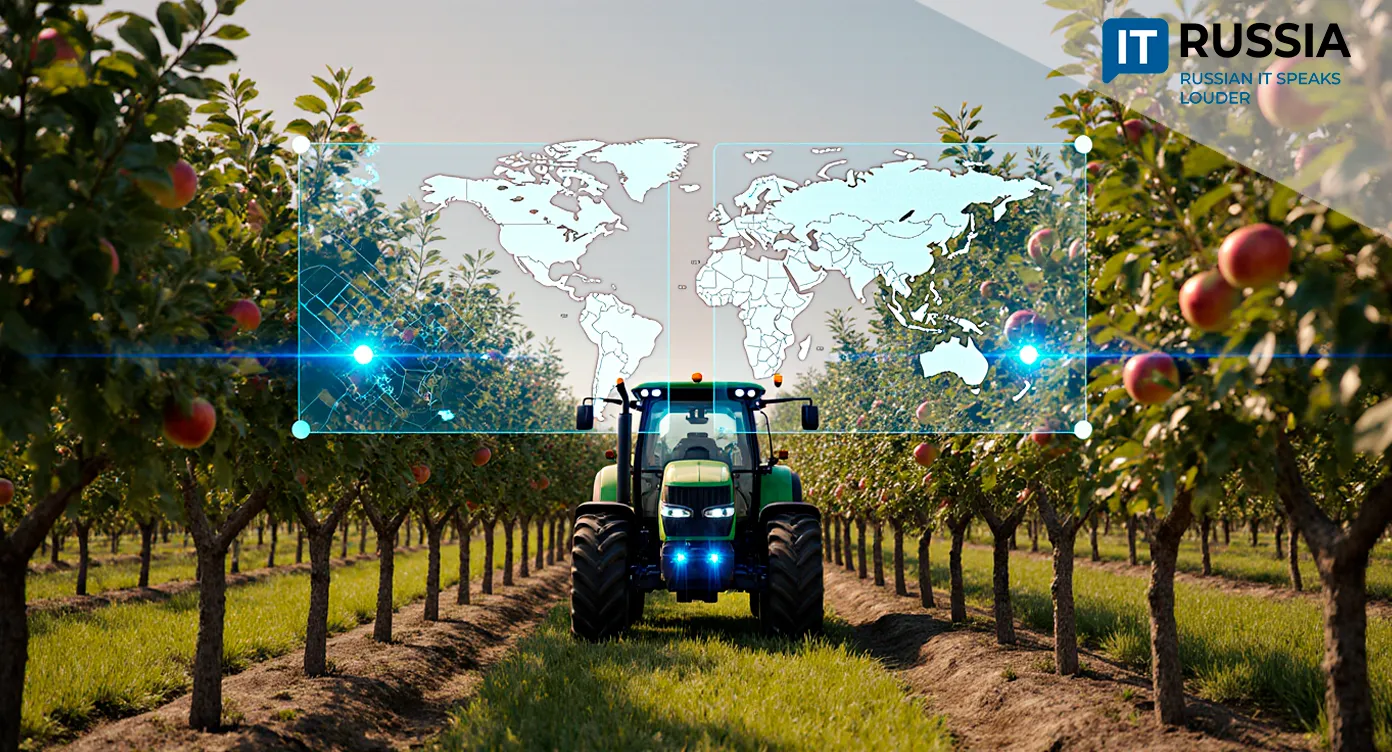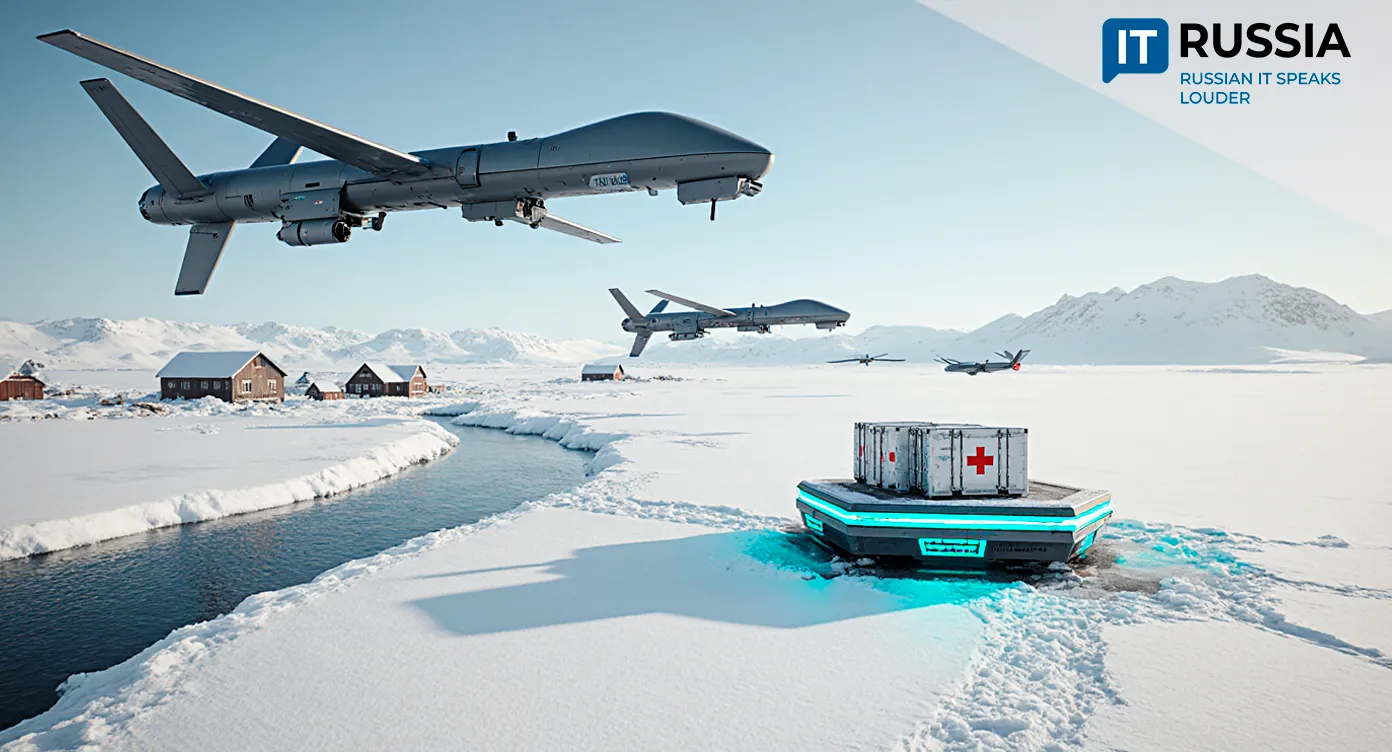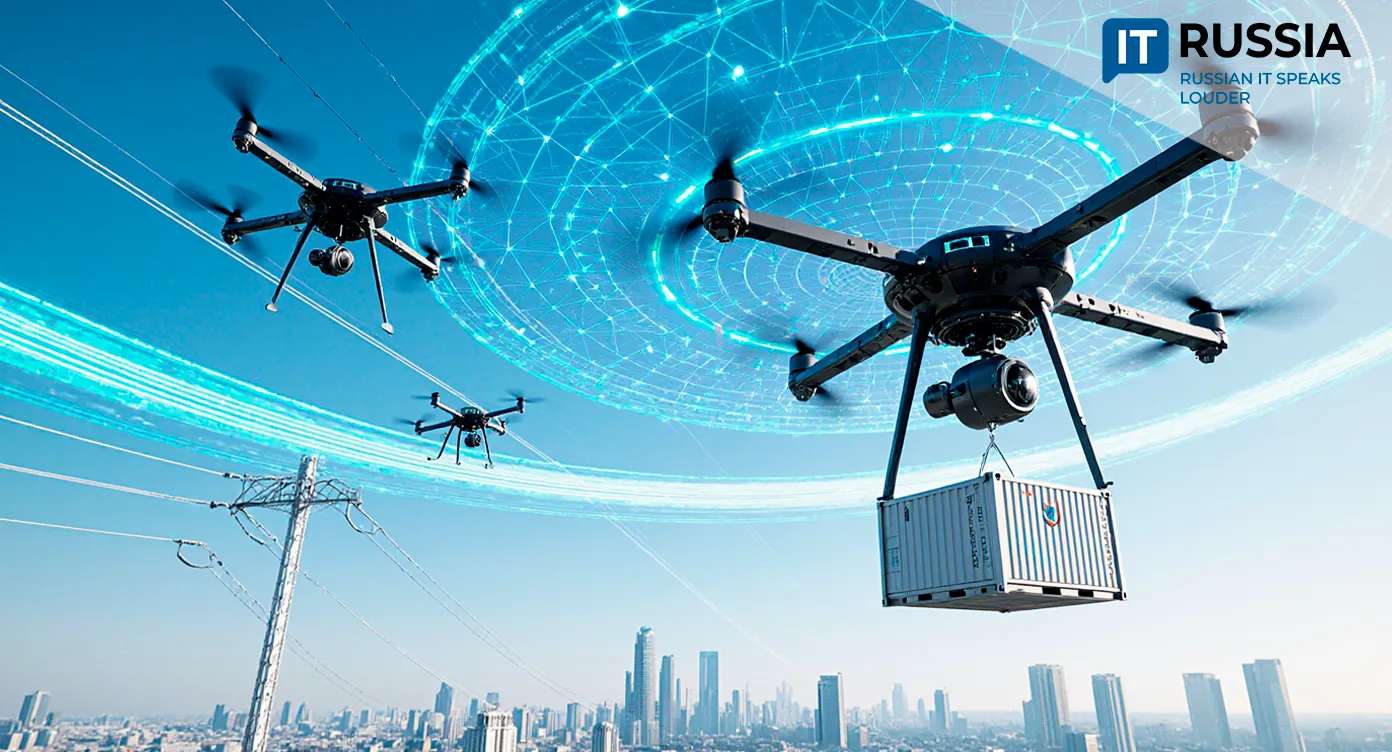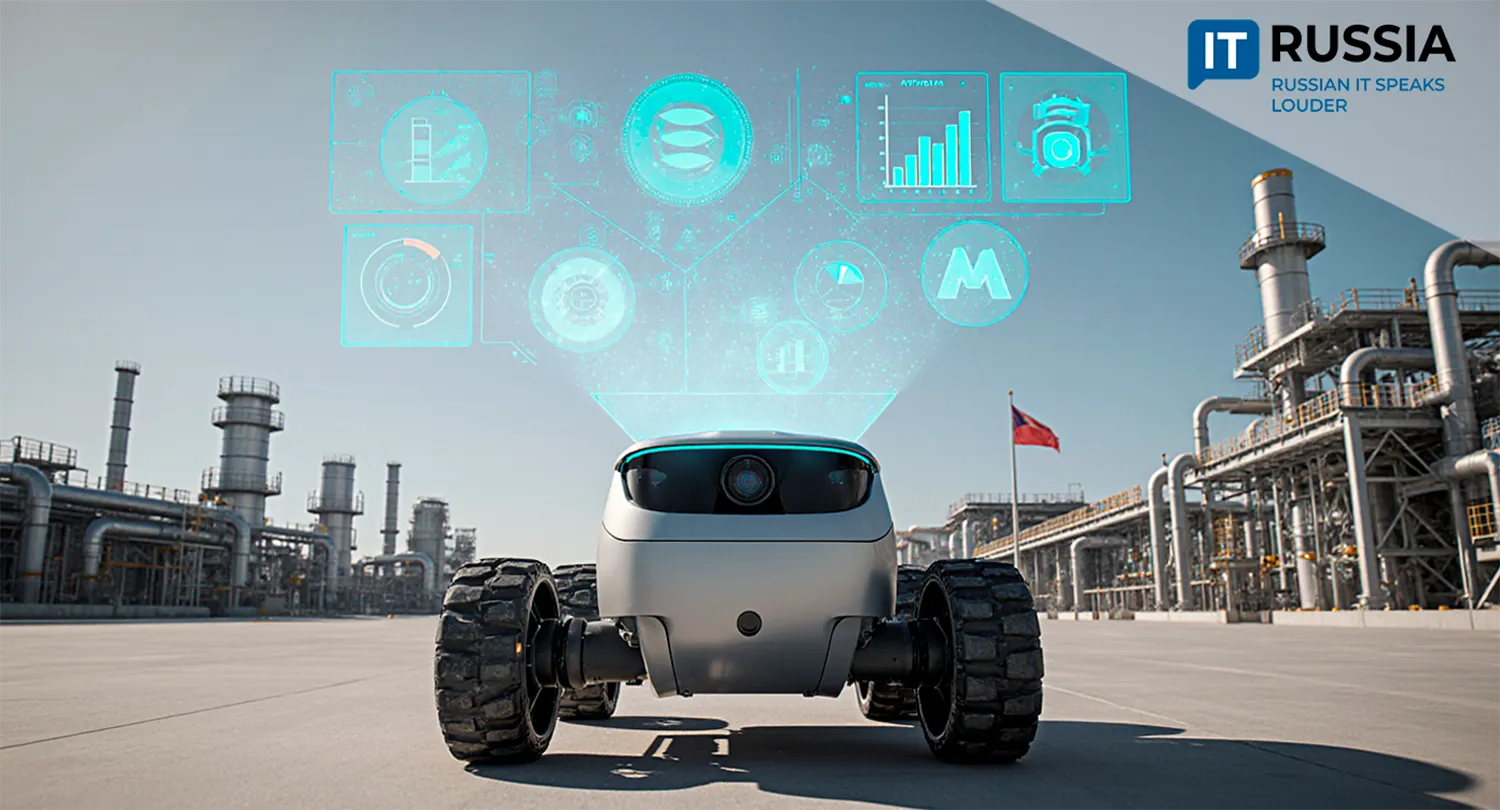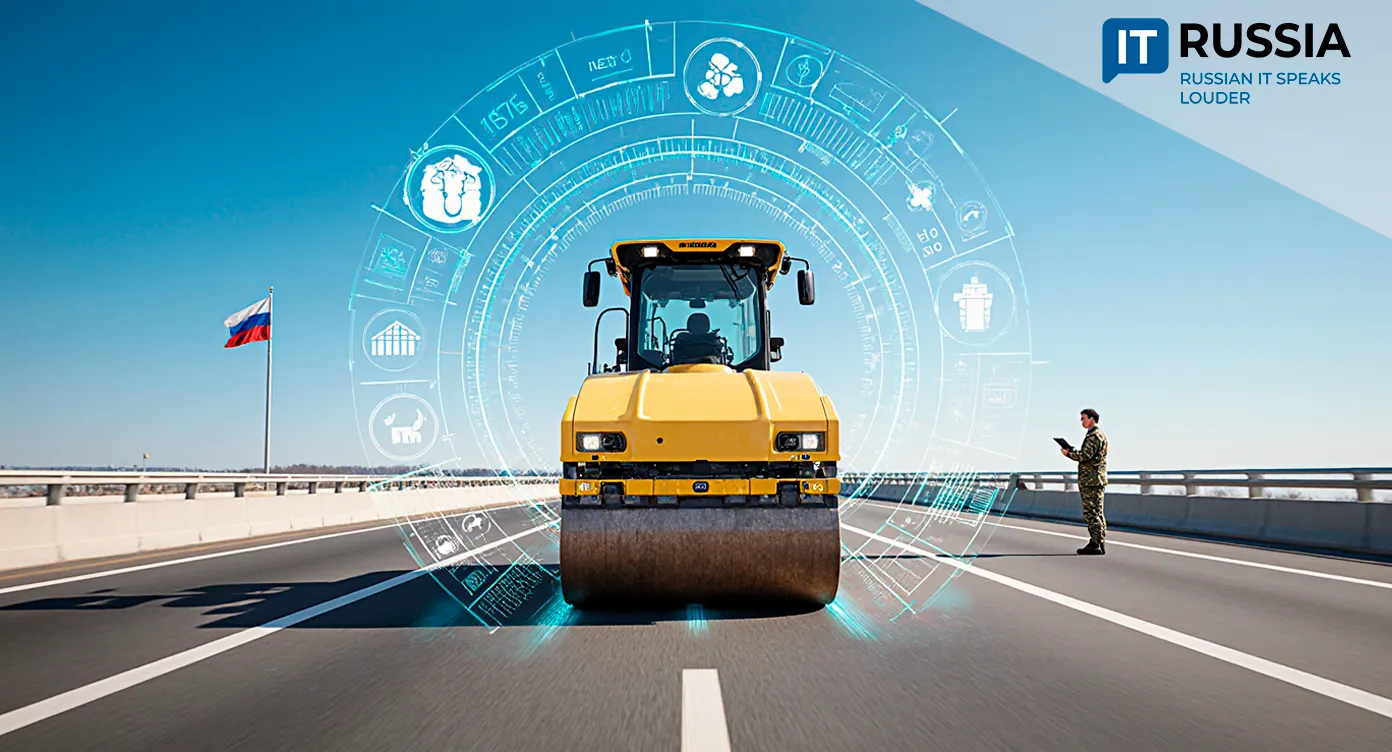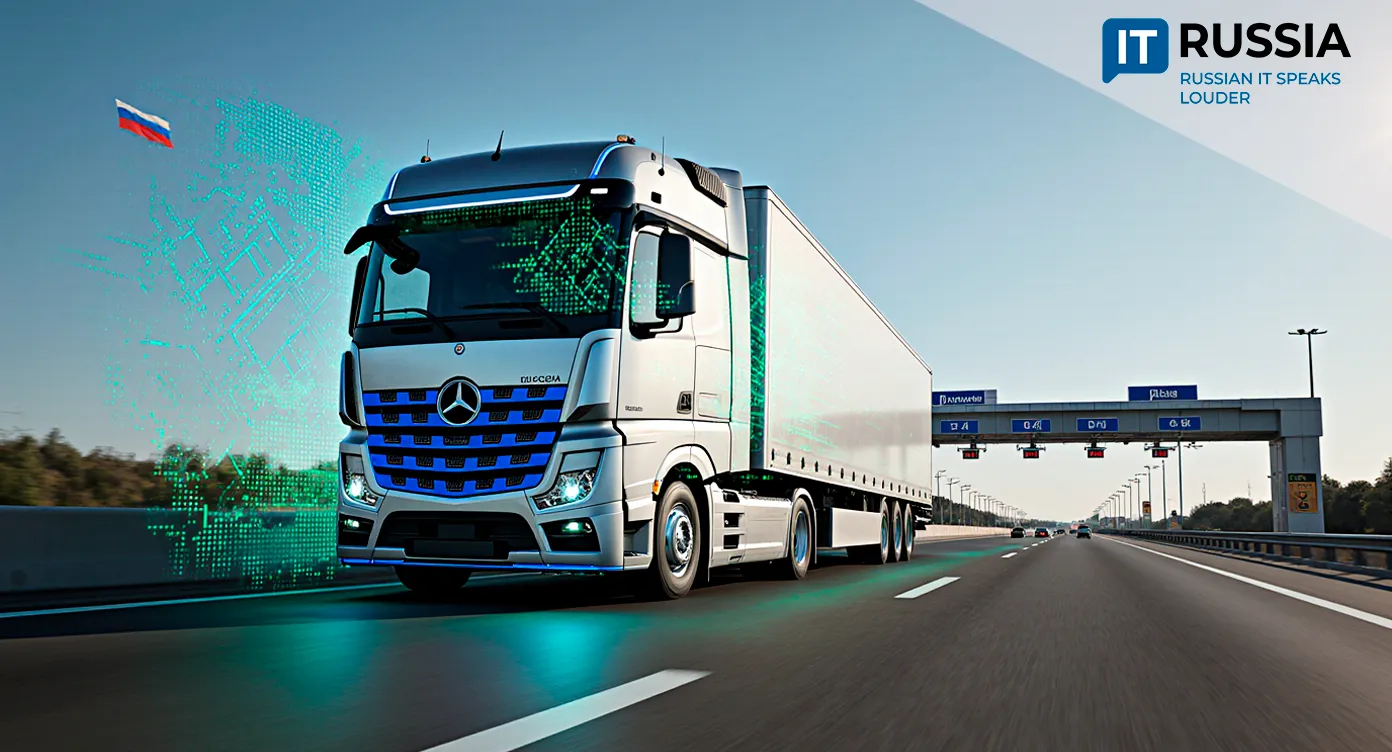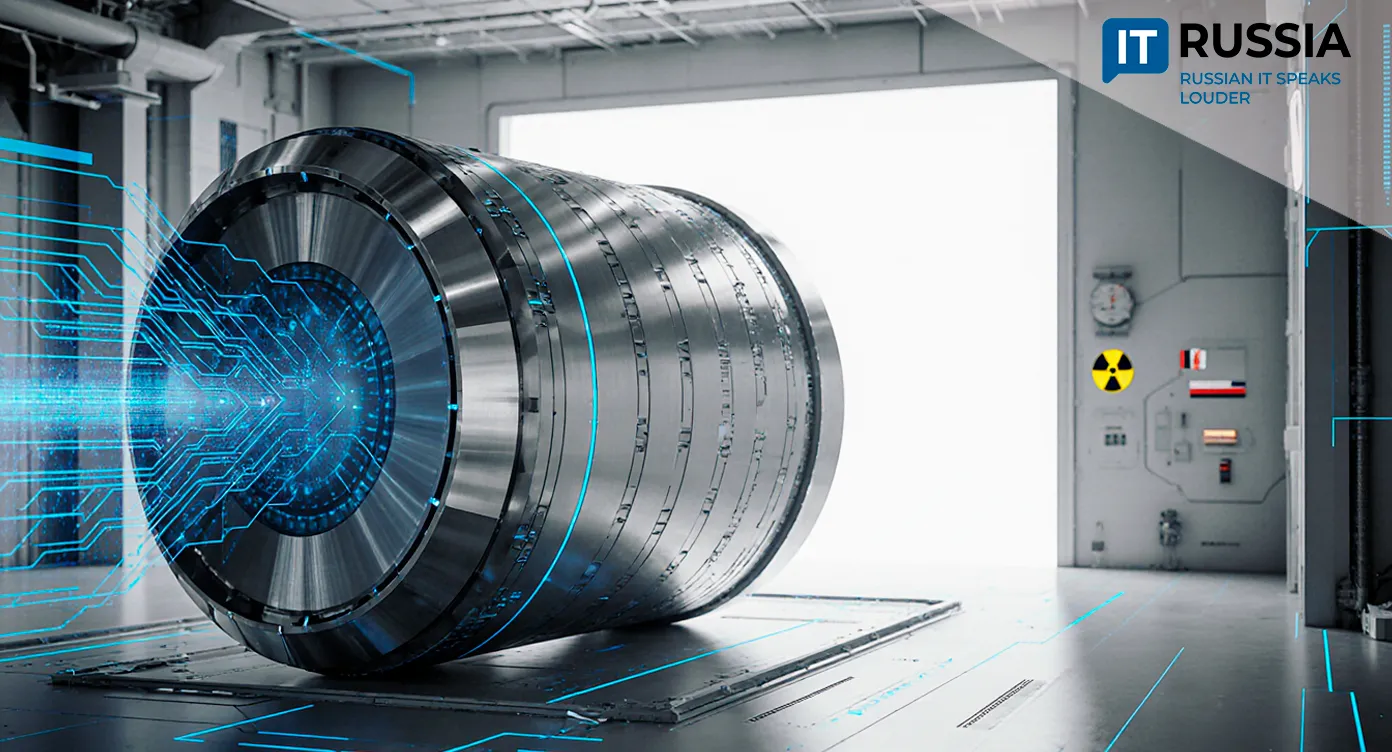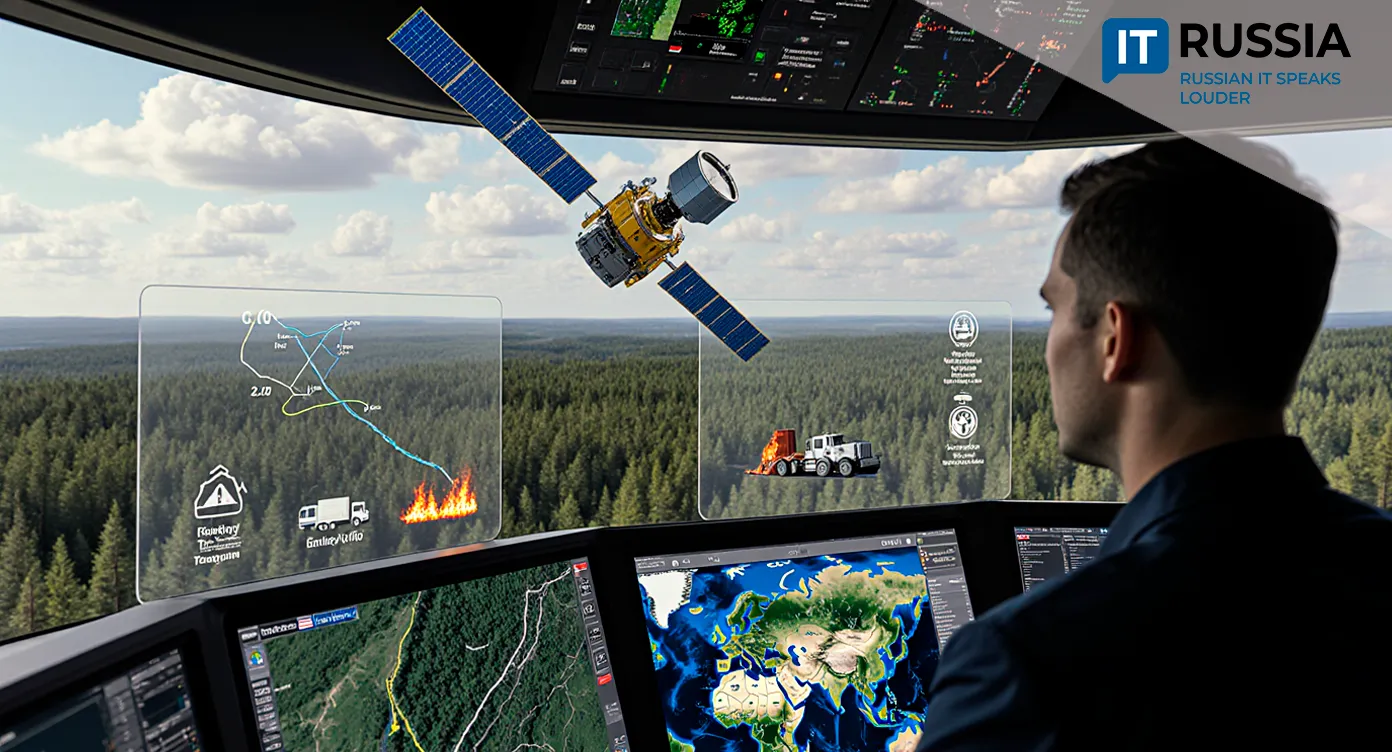AI for Cleanliness: How Technology Is Changing Ecology in Russia
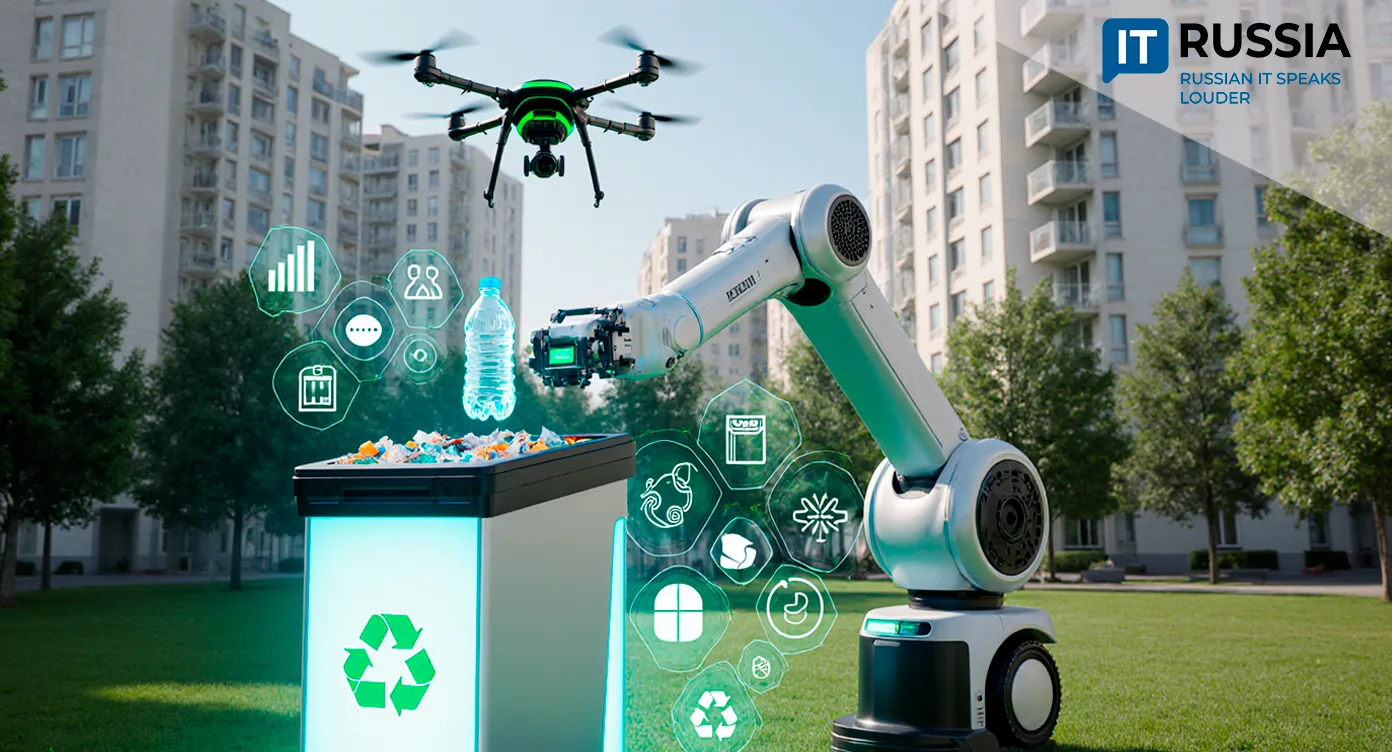
In 2024, Russia generated 8.5 billion tons of waste, 9% (or 800 million tons) less than the year before. One of the country’s most pressing environmental problems is being tackled with artificial intelligence technologies, which are increasingly used by enterprises—from industrial sorting complexes to smart bins and reverse vending machines.
Taking Out the Trash and Getting Rewards
In 2019, Russia launched its waste management reform, which begins with proper sorting. Courtyards across the country began to feature multiple bins for glass, paper, plastic, and mixed waste.
New sorting plants were built to fight the waste crisis. These facilities combine various technologies to automate processes. Robots have reduced manual labor by 90% at every stage. As a result, sorting efficiency reached 70%, and in some regions, even 100%. Artificial intelligence soon joined the process.
AI also supports household-level waste sorting. For instance, the company TrashBack integrated a computer vision module into bin lids to identify waste types. Only users registered through a dedicated app can open the smart container. If unsuitable materials are placed inside, the user receives a warning in the app or by email. If sorting is correct, bonuses from partner companies are credited, along with discounts on utility bills for waste disposal.
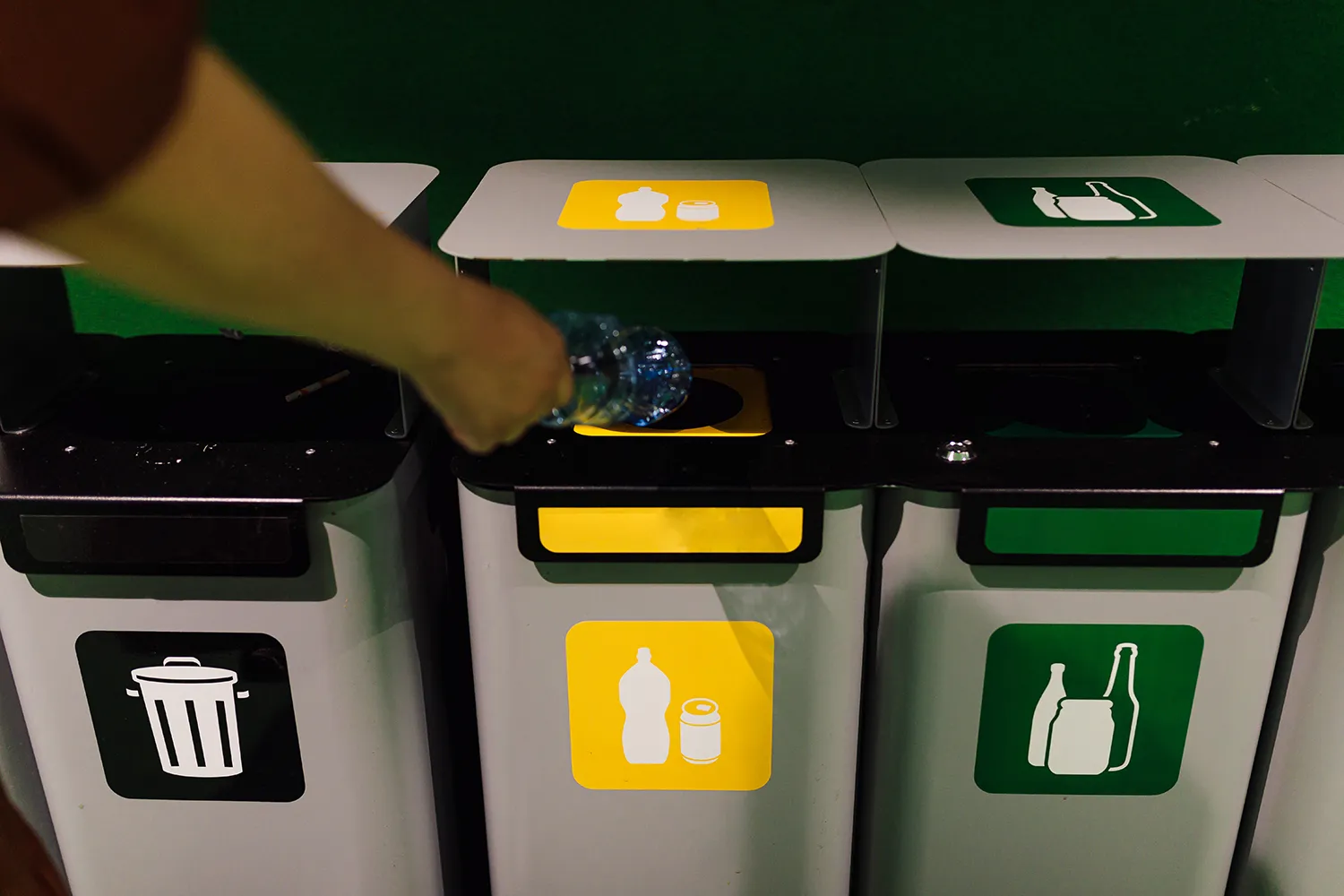
A more advanced form of smart waste bin is the reverse vending machine. In Russia, these are being developed by WinBin. Accessed via an app or website, these bins use neural networks and sensors to recognize materials, rewarding users with points.
Finding and Sorting Everything
Huge volumes of waste and the labor required for sorting and recycling remain a global problem. Russia has developed several smart solutions to address it.
In 2021, researchers at Ural Federal University introduced a sorting system that outperformed international models. It has sharper ‘vision’ and can distinguish seven types of plastic.
In 2024, the Russian tech company ZeBrains unveiled an AI-powered sorting system. Its neural network can classify up to 16 types of waste, while robotic manipulators separate them. The system’s architecture can integrate with equipment from different manufacturers.
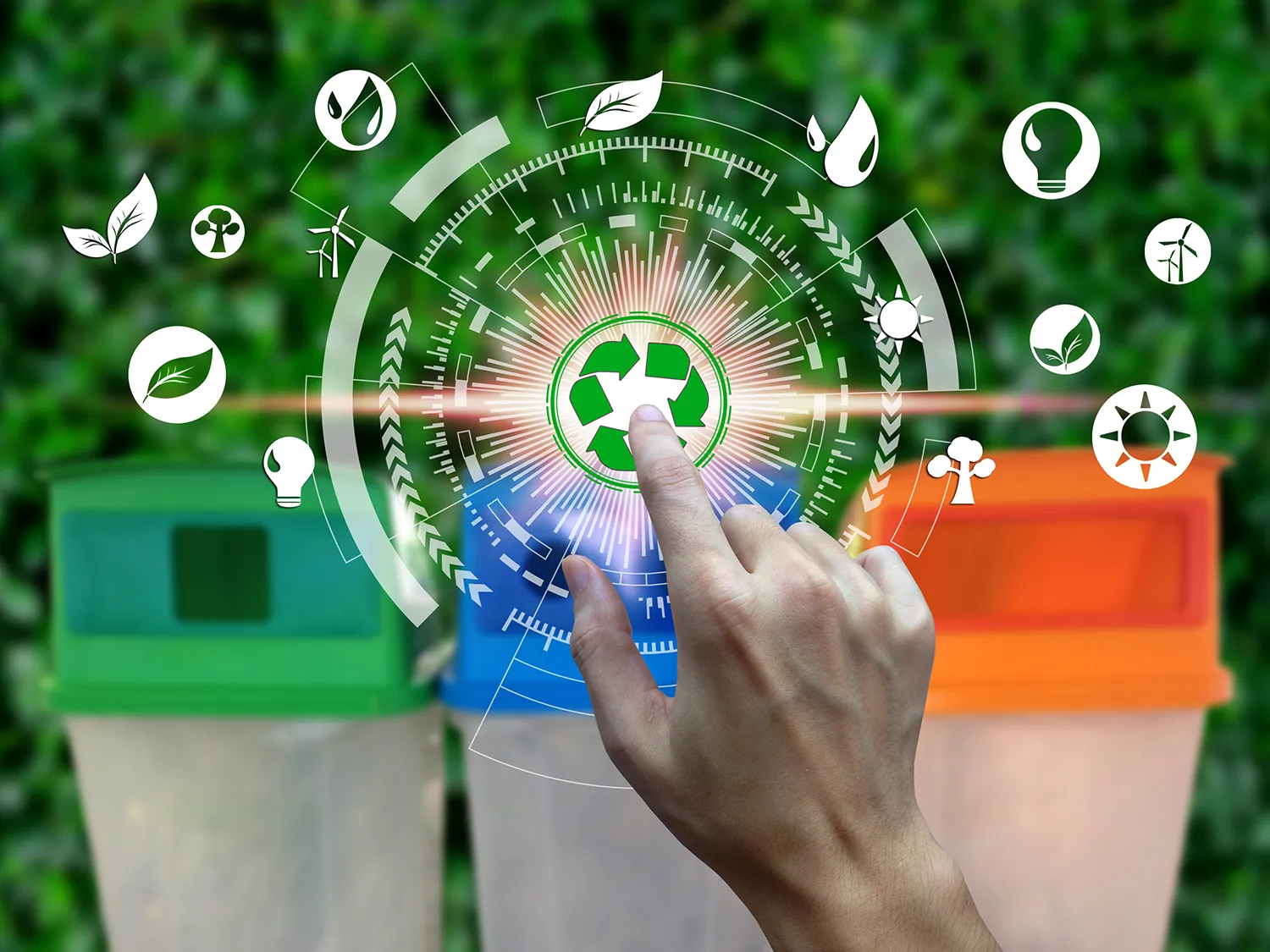
Experts from Yandex and Far Eastern Federal University developed a neural network that helps clean coastlines of seas, lakes, and rivers. Using aerial images, the AI categorizes six types of litter with more than 80% accuracy, while recording coordinates, composition, and weight. The system was tested in the Kronotsky Nature Reserve in Kamchatka, where cleanup time was cut by a factor of four.
Overcoming the Waste Crisis
Automation already accounts for up to 90% of sorting, making these technologies especially attractive for smart cities. This is also a rapidly expanding niche for IT startups and BigTech companies.
Russia faces ambitious goals in waste management. By 2030, 100% of municipal solid waste should be sorted, with 25% sent for industrial recycling.
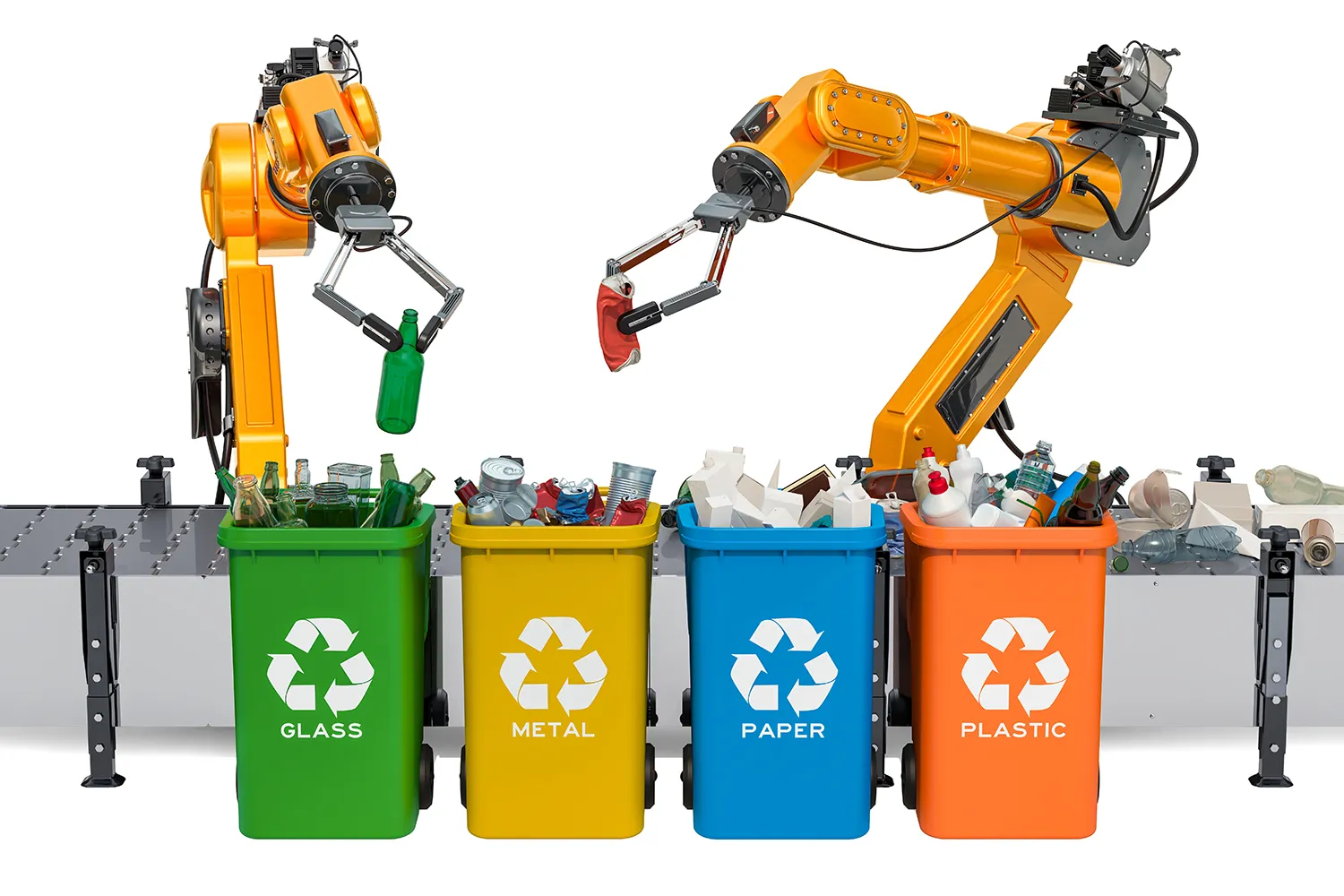
In the coming years, more pilot projects are expected across the regions. Smart bins and reverse vending machines are likely to become commonplace. Russian AI solutions will be integrated with big data and satellite monitoring. AI does more than assist in waste management — it reshapes the entire logic of disposal, making it more efficient and environmentally friendly.









